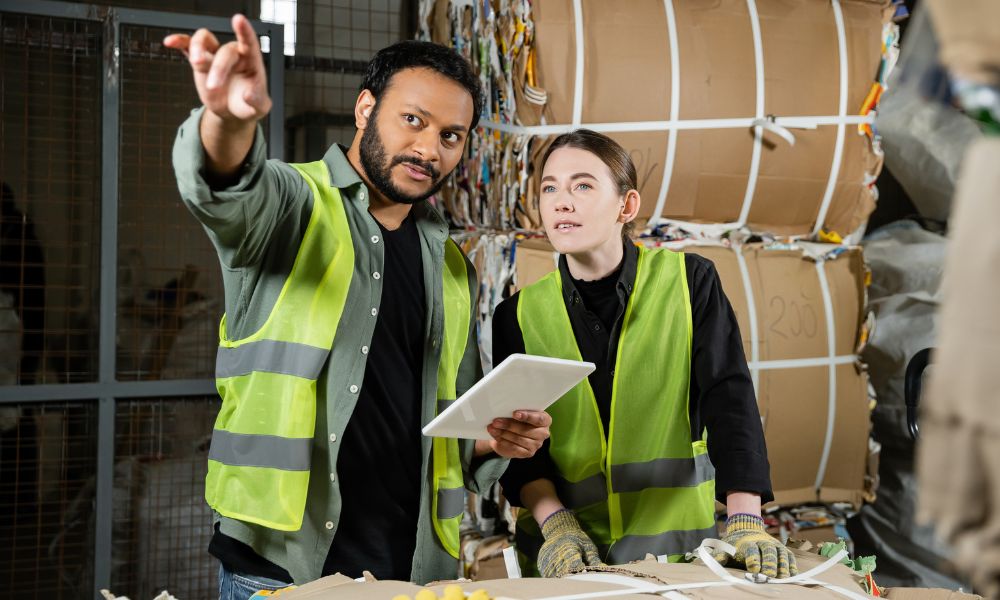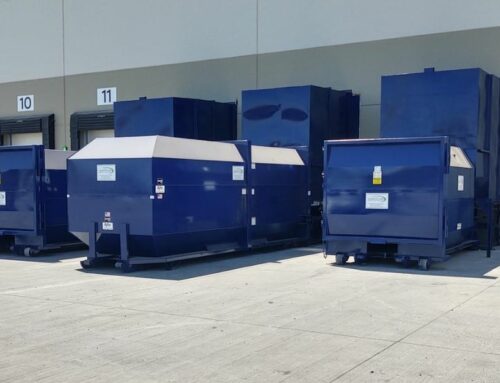
Commercial balers, integral to many businesses, are powerful machines designed to compact waste materials into manageable, transportable bales. They provide a solution for businesses to dispose of their waste in an environmentally friendly and economical way, reducing landfill contributions and creating potential revenue streams from recycled materials.
Improper use can lead to inefficient operations, premature wear and tear, and potential safety hazards. Avoiding these five common mistakes made using commercial balers will help you prevent unwanted downtime and ensure the longevity and efficiency of your equipment.
Overloading the Baler
Overloading the baler is a common error that could have serious internal consequences and reduce the machine’s efficiency. Each baler has specific weight and volume capacities that you should never exceed. Overloading can strain the machine, causing unnecessary wear and tear, and may result in mechanical failures or safety risks.
Incorrectly Sorting Materials
Not all waste materials are equal, and sorting waste correctly, depending on your type of baler, is vital. Mixing incompatible materials, like wet waste with recyclables, can lead to inefficient baling, potential damage to the machine, and poorer quality bales. Always sort and load different materials according to the baler’s specifications.
Ignoring Regular Maintenance
Maintenance isn’t just about fixing things when they break. Regular preventive and professional trash compactor maintenance is crucial to keep your baler functioning efficiently and prolong its life span. This includes checking the hydraulic pressure, examining the wiring, and lubricating moving parts as needed. This practice is essential to prevent unwanted breakdowns and costly repairs.
Neglecting Safety Guidelines
Safety should be the top priority when operating heavy machinery in a commercial environment, and balers are no exception. Failing to adhere to safety regulations and guidelines can result in accidents and injuries for employees. Always ensure that operators have proper training and follow safety guidelines accordingly.
Using Inappropriate Ties and Wires
Using the wrong ties or wires for bales is one of the most frequent mistakes when using a commercial baler. Plastic ties may be suitable for baling certain types of paper but not for baling metals. Thick, robust wires may be necessary to hold dense, heavy bales like those made from cardboard or aluminum cans. Using inappropriate ties can lead to poorly formed bales that are difficult to handle, transport, and store.
Avoiding these common mistakes can enhance the efficiency of your baler, ensure its longevity, and foster a safer working environment. The right practices can save you time, money, and unnecessary hassles while contributing to a more sustainable future for all.



